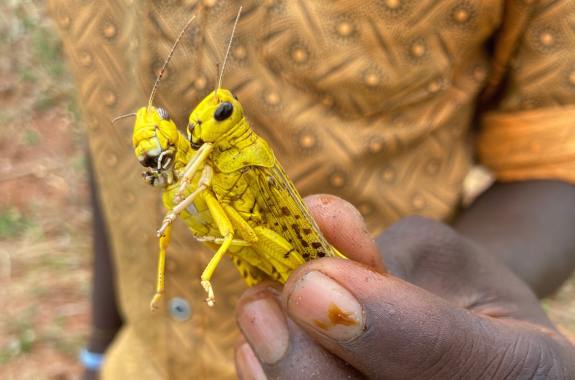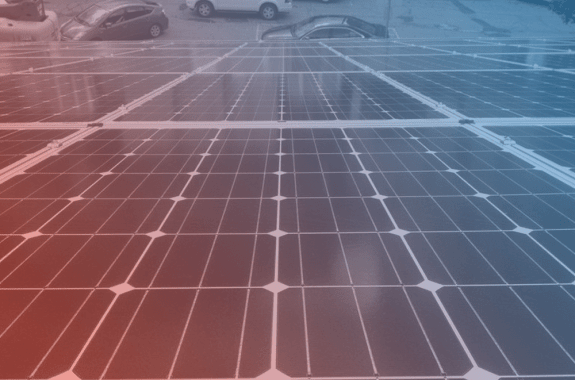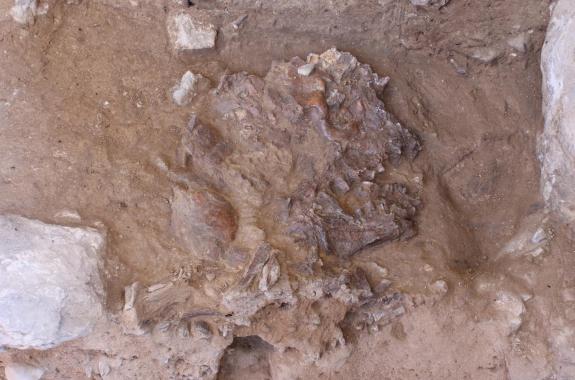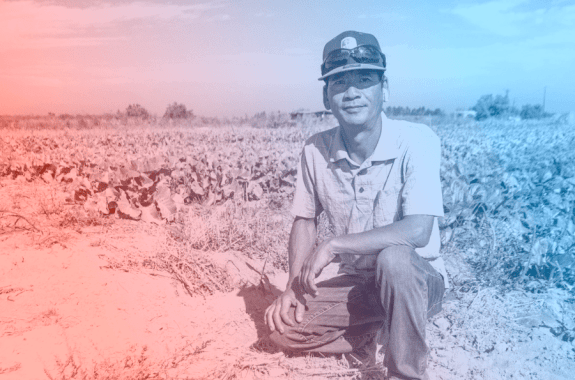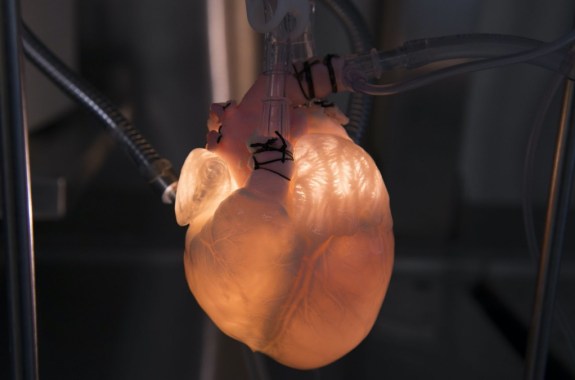Radio
Listen to Science Friday live on Fridays from 2-4 p.m. ET
November 29, 2024
For our 33rd anniversary, we’re broadcasting some of our listeners’ favorite SciFri stories. And, this year’s Ig Nobel Prizes include awards for studying coin flipping, the movements of a dead trout, and more.
7:12
East Africans Battle A Plague Of Locusts Brought On By Climate Change
As swarms the size of cities devastate food supplies, both residents and experts in East Africa are looking for solutions to the locust pest problem.
4:33
Why Coal Country May Be Going Solar
A new bill passing through the West Virginia state legislature would increase the state’s solar capacity by 5,000%.
12:11
COVID-19 Numbers Are Rising. But How Are Those Numbers Counted?
Changes in how countries are diagnosing infection with the coronavirus can make shifting numbers difficult to interpret.
17:29
An Ancient Burial In A Famous Cave
A new find of additional Neanderthal remains in Kurdistan’s Shanidar Cave could provide new insights into ancient culture.
16:45
In A World Of Lab-Grown Diamonds, What Is Real And Fake?
Science historian Lydia Pyne on how “genuine fakes” live in a gray area between real and fake.
33:45
Ask A Dentist: Brushing Up On Tooth Science
We talk with dental experts about how your gums affect your heart, frontiers in cavity prevention, and why the future of dentistry is personal.
8:05
A Backstory For Kuiper Belt Object ‘Arrokoth’
Plus an update on the new coronavirus outbreak, and more in this week’s News Roundup.
3:41
Bringing California’s Groundwater Into Balance
The Sustainable Groundwater Management Act seeks to regulate water flowing out of and into California’s underground aquifers.
20:38
Bringing A ‘Ghost Heart’ To Life
Scientists are engineering hybrid mechanical animal hearts and “ghost heart” scaffolds in the hopes of finding alternate transplantable organs.
24:04
How Big Tech Is Taking On Big Government
Tech companies are supplying citizens with food, courting international diplomats, and fighting terrorism—work that sounds a lot like what governments do.
